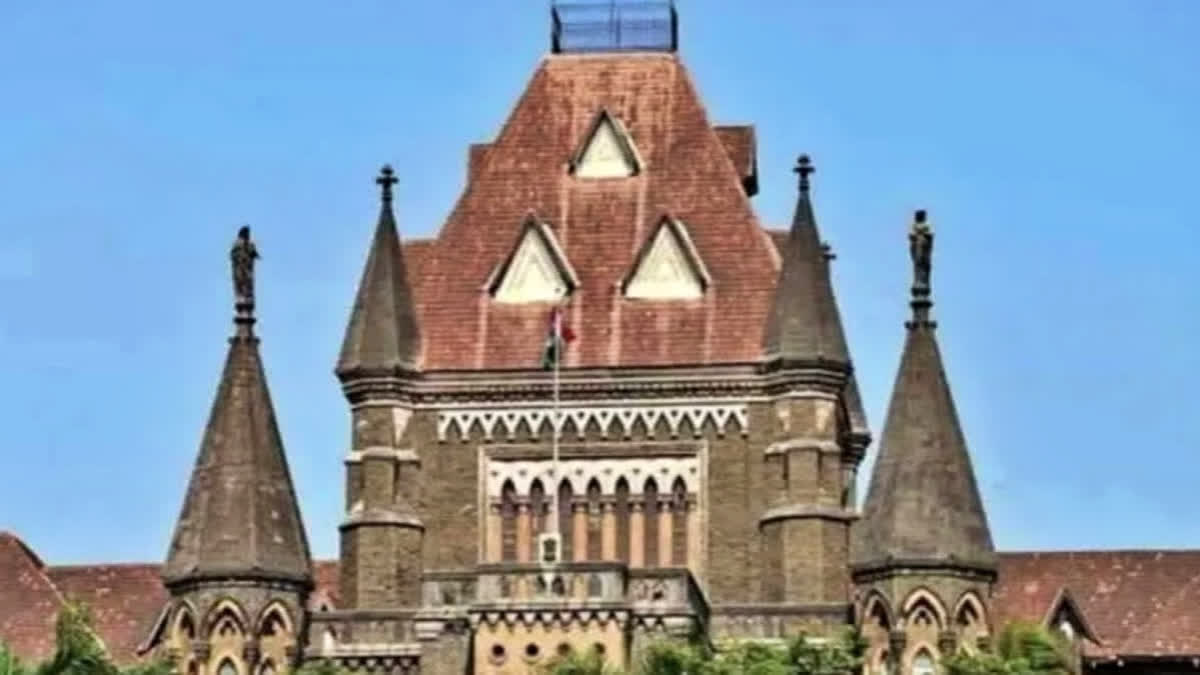Mumbai:The Bombay High Court on Friday observed that the scope of the Scheduled Caste and Scheduled Tribe (Prevention of Atrocities) Act cannot be limited to the state where a person is declared as being part of the community, and said holding otherwise would defeat the purpose of the enactment.
A full bench of Justices Revati Mohite Dere, Bharati Dangre and N J Jamadar in their judgment said the Act was enacted to prevent atrocities against the Scheduled Caste and Scheduled Tribes and was intended to remove humiliation and harassment meted out to members of a class and to ensure them fundamental, socio-economic and political rights.
The bench in its order held that the scope of the Scheduled Castes and the Scheduled Tribes (Prevention of Atrocities Act) cannot be limited to the state where a person is declared as a member of the Scheduled Caste or Scheduled Tribe community. The person is also entitled protection under the Act, in any other part of the country, where the offence is committed, though he is not recognised as Scheduled Caste or Scheduled Tribe there, the court said.
The full bench also held that all appeals filed under the Act irrespective of the punishment shall lie within the jurisdiction of the single bench of the high court. The court in its order said caste automatically sticks to a person since he or she is born to two persons belonging to that caste or group. A person has no choice. It is not possible for the person to get rid of the baggage of his or her caste though he or she may come out of the occupational grouping or from the social status of that particular caste and become socially and economically forward surpassing his peers in the caste, the bench said.
The label attached to a person born into a Scheduled Caste or Scheduled Tribe may continue, notwithstanding his personal upliftment, his social upliftment by his own good deeds, but he does not lose his identity and selfhood, as he has once upon a time suffered the sting and disadvantages, though he has travelled ahead in life, it added.
The Atrocities Act came to be enacted, when it was realised that whenever members of the Scheduled Castes and the Scheduled Tribes assert rights made available to them under the Constitution and demand statutory protection, they are intimidated, cowed down and disillusioned and even terrorised and made to suffer ignominy, the court said.
It added that persons from these castes have been subjected to brutal incidents, depriving them of their right and property and they were made to undergo indignities, humiliation, and harassment. The creation of casteless society, where a person deserves equal treatment is the ultimate dream to be achieved for an independent India, so that one class of human exists and all the citizens of the country are emancipated and treated equally, as what the Constitution makers dreamt of, it said.
Senior counsel Abhinav Chandrachud, appearing for some of the petitioners, argued that the offence under the Atrocities Act would not be attracted if the person (victim) had migrated from his or her state of origin to another state. Advocate General Birendra Saraf, however, opposed arguing that the baggage of caste continues to be retained by a person and since the statute intends to offer protection from atrocities committed against a member of Scheduled Caste or Scheduled Tribe, the offence under the Act would be attracted irrespective of migration.
The bench while refusing to accept the petitioners' case said, the argument that caste shall be limited to the boundaries of a State would be a myth. The Atrocities Act is entitled to protect the human dignity of the members belonging to the Scheduled Caste and Scheduled Tribe and in no case, deserves a restricted or constricted meaning, confining their status only to a particular State, the judgment said.
The high court added that it would be committing a serious flaw if it adopts a narrow and pedantic construction, which would stultify the intent of the law and impede its implementation. Restricting the identity of a Scheduled Caste or Scheduled Tribe to the state of origin will defeat the fundamental rights of the Constitution, as it will then bind the person to their state of origin with no chance to progress themselves by stepping outside.
This definitely would cause more harm to the identified class than advancing them to compete with members of the higher class and assisting them in achieving equality, as enshrined in the Constitution, the court said. The full bench in its judgment noted that the prevailing caste system in India is a peculiar and complex thing.
It noted that the tradition-bound caste system intricately had within its embryo the institution of untouchability, which divided the Hindus, influenced their thought process and deeply imprinted in their mind the suppression and enslavement of humanity by strongly harbouring a traditional belief of defiling by contacting the person, having food or drinking water with him by a member of higher caste and, hence, degrading the class of untouchables, undertaking menial work.
The bench said history reflects that by practicing untouchability, the upper caste kept the lower strata of the society at a distance and looked down upon them in the social structure. No matter what form, the practice of untouchability assumes, it amounts to a degrading appellation for the people concerned, the court said.
The intention of the Act was to check and deter crimes committed against a class and that it was not a legislation that confers any benefits or privileges but is an enactment to prevent them from being subjected to various offensive acts, indignities, humiliation, and harassment on account of various historical, social, and economic reasons. PTI)
